Sewing patterns play a significant role in the garment-making process. They are essential tools that provide the necessary guidelines for cutting and stitching fabric pieces together. Understanding the meaning behind clothing sewing patterns is crucial for anyone interested in creating their own clothes, altering existing garments, or venturing into the fashion industry.
Types of Sewing Patterns
Sewing patterns come in various forms, and each has its own significance:
- Commercial Patterns: These patterns are developed by established pattern-making companies and are widely available for purchase. They are designed based on fashion trends and can be customized according to individual measurements.
- Drafting Patterns: Drafting patterns involve creating a pattern from scratch, either through a flat pattern drafting technique or by draping fabric on a dress form. This method allows for more personalized and unique designs.
- Pattern Blocks: Pattern blocks are basic templates representing different parts of a garment, such as sleeves, collars, and bodices. They serve as a foundation for creating various clothing designs.
Components of a Sewing Pattern
A sewing pattern typically consists of the following components:
- Instructions: Sewing patterns include detailed instructions guiding the maker through the entire construction process. They provide step-by-step directions, fabric requirements, and additional tips and techniques.
- Envelope: The pattern envelope contains the necessary paper patterns, sizing information, and fabric suggestions. It often showcases the finished garment’s images and offers style variations.
- Notches: Notches are symbols placed along the edges of pattern pieces to match corresponding pieces during assembly. They ensure the correct alignment when sewing the garment together.
- Grain Lines: These lines indicate the fabric’s grain direction and help ensure the pattern is positioned correctly on the fabric, ensuring a proper fit and drape.
- Seam Allowances: Sewing patterns define the width of the seam allowances, which are extra fabric widths added beyond the actual pattern pieces. Seam allowances allow room for seams to be stitched and finished.
Interpreting Sewing Pattern Symbols
Sewing patterns are packed with symbols that convey specific instructions. Here are a few commonly used symbols:
- Dotted Lines: Dotted lines generally represent fold lines, indicating where the fabric should be folded to create pleats, tucks, or hems.
- Arrows: Arrows signify the direction in which pattern pieces need to be placed. They ensure the correct orientation of fabric grain and the patterns.
- Small Circles and Triangles: These symbols mark key reference points, such as where to match seams or attach buttons and buttonholes.
- Grainline Arrow: The grainline arrow indicates the direction of the fabric’s grain, ensuring pattern alignment with the fabric’s natural stretch or drape.

A clothing sewing pattern with various symbols.
The Importance of Sewing Patterns
Sewing patterns serve as a crucial tool for garment construction, offering a roadmap to creating well-fitting and stylish clothing items. Here are a few reasons why sewing patterns are important:
- Consistency: Sewing patterns ensure consistent results. Following a pattern allows for precise reproduction of designs, ensuring that multiple garments retain the same style and fit.
- Precision: Patterns guides help achieve precise measurements, leading to better-fitting clothes, whether making them from scratch or altering existing garments.
- Creativity and Innovation: While patterns provide structure and guidelines, they also allow room for personal creativity. By customizing patterns or combining elements from different patterns, unique designs can be created.
- Time and Effort Savings: Sewing patterns can save time and effort by eliminating the need to create patterns from scratch. They provide ready-made solutions to guide the construction process.
“Sewing patterns are like blueprints that bring our clothing ideas to life. They provide the necessary framework for creativity to flourish.”
Conclusion
A comprehensive understanding of clothing sewing patterns and their meanings is vital for anyone interested in the art of sewing. From commercial patterns to drafting techniques, each pattern type offers unique advantages. By comprehending pattern components and symbols, one can ensure accurate construction and achieve well-fitting, stylish garments. So, embrace the world of sewing patterns – a gateway to endless creative possibilities!
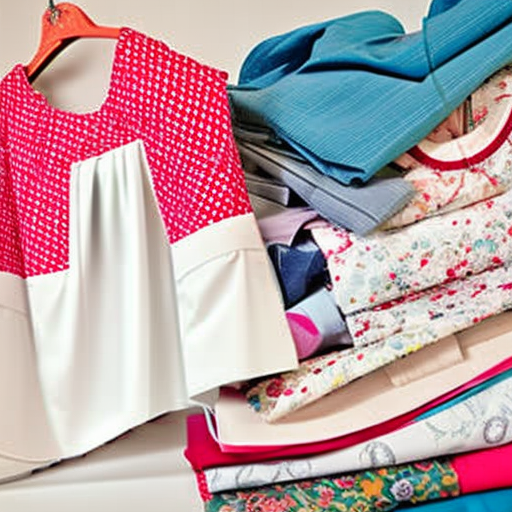
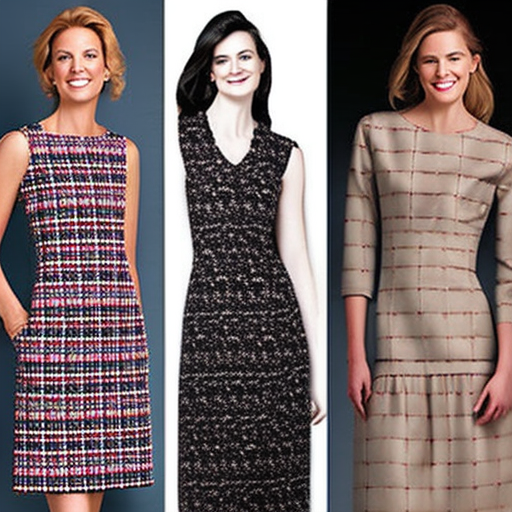
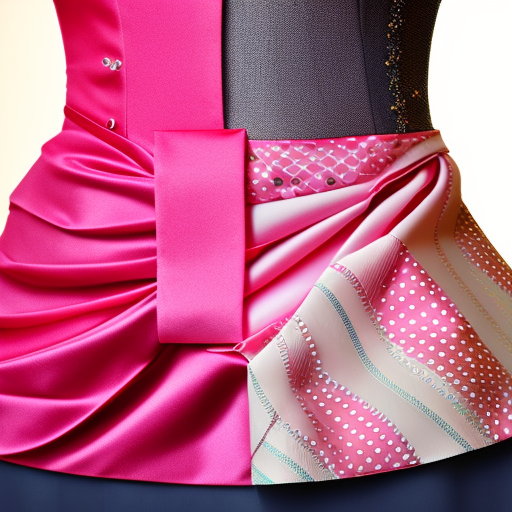
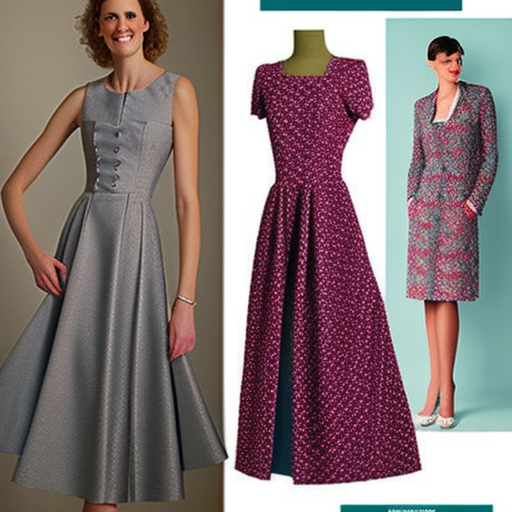
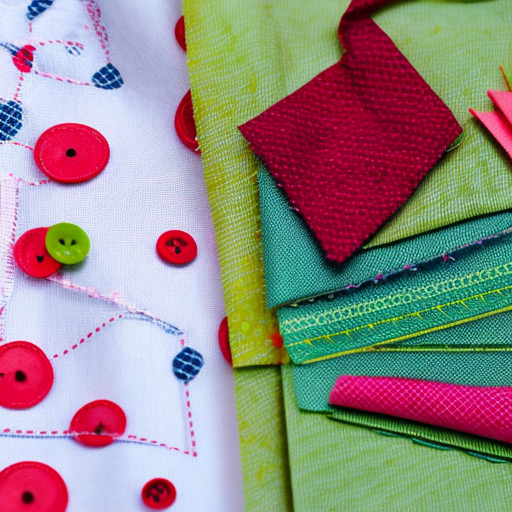
Love sewing my own clothes!
Victor Friedmann: It’s a great way to stay creative!
Agreeing with Jasmyne and Victor, sewing your own clothing allows you to customize your wardrobe and express your creativity! Being able to pick the pattern, fabric, and design of the clothes is a great way to showcase your own individual style.
I’m a big fan of this! Patterns are so much fun to follow and to customize once you get the hang of it. Not to mention, the satisfaction of finishing and proudly wearing a piece of clothing you made yourself is priceless!
Crafting your own unique pieces and having 1-of-a-kind clothing leads to a wardrobe full of special items, each one made with care and attention. It’s a great way to express your love for fashion and creativity and I’m definitely going to give it a try.
Not only does it give you an opportunity to express yourself but it’s also a great way to save money. Home-sewn clothing is made from quality fabric and can be made to last! Plus, the satisfaction of wearing something made from your own two hands is unbeatable.
Sewing patterns are a great way to step up your fashion game! From stylish dresses to classic pants, these patterns can help you make a range of wearables that are unique to you. Plus, sewing your own clothes is an incredible feeling of accomplishment.
Sewing patterns are a great way to unleash creativity and add a custom touch to your wardrobe. Knowing that something made with your own hands is unique and speaks to your personal style, is a feeling that cannot be compared to anything else.